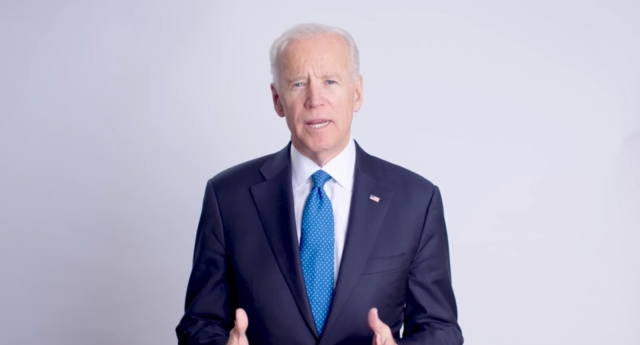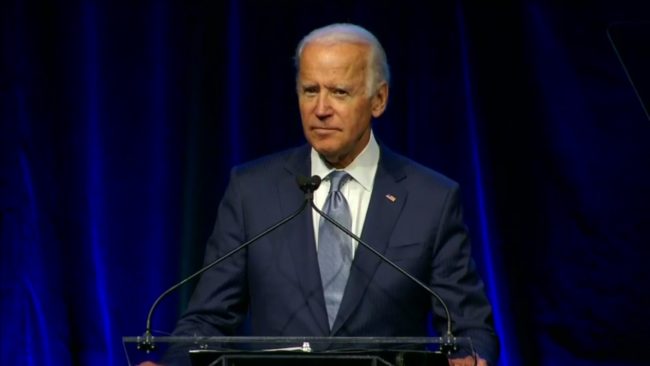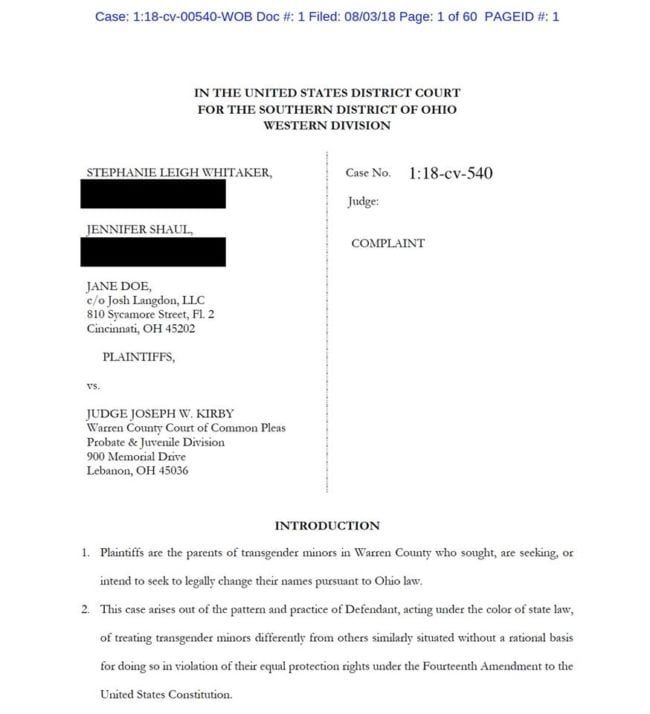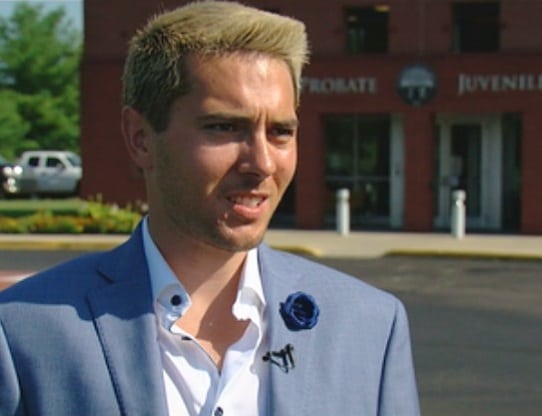Number of LGBT Candidates Standing for US Office Breaks Record
A record number of over 400 LGBT+ candidates are standing in elections for public office in the United states, according to the Victory Institute.
The nonprofit group supports leadership campaigns within the lesbian, gay, bisexual and transgender community.
Sean Meloy, the political director of the Institute, told Reuters: “It’s a really exciting time… We believe that representation is power and when someone is in the room and helping to make decisions, they will automaticaly bring an LGBTQ perspective.”Amongst the candidates is a Democrat transgender woman, Alexandra Chandler, who is a former military intelligence officer running for Congress in Massachusetts.
The candidate wrote on Twitter that she not only hopes to become the only openly transgender Congressional nominee in 2018, but that she plans to make history for the trans community by being elected.
According to CNBC, there are currently only two LGBT+ women who are federal lawmakers. The first, Tammy Baldwin, was elected to the US House in 1998, becoming Wisconsin’s first female representative, and the nation’s first LGBT+ federal lawmaker.
In 2012, Baldwin won a race for the US Senate, and the second LGBT+ woman Krysten Sinema was elected to represent Arizona’s 9th District in Congress.
But the pair could soon be joined by a plethora of other LGBT+ representatives and senators.
Public policy expert Patrick Egan told Reuters that the figures reflected an increasing tolerance of LGBT people among the US public.
“Gay people have always been involved with electoral politics and many of them ran for office,” said Egan, associate professor of politics and public policy at New York University.
“What we are seeing now is the slow receding in stigma against gay people in that they can not only run for office but run openly as LGBT.”
A previous report released by the Victory Institute this year revealed that of all US elected public officials currently serving 559 were openly LGBT+, which is 0.1 percent.
The majority of the LGBT candidates coming forward are Democrats, and many are standing in November’s midterm elections.
They are running for positions ranging from state governor to local government officials.








